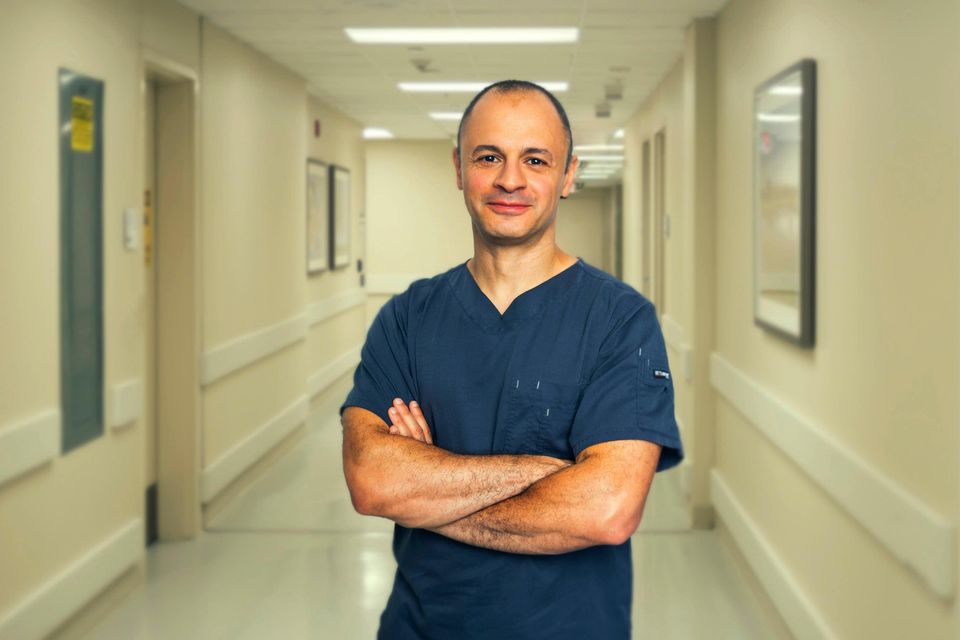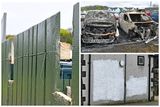Vulnerable babies not getting specialised intensive care in children’s hospitals, doctor warns
Dr Afif El-Khuffash of the Rotunda maternity hospital. Photo: PA
Vulnerable babies, some born at just 24 weeks, who are transferred for surgery to children’s hospitals in Dublin are disadvantaged because the hospitals do not have the expertise of a neonatal intensive care unit, a leading specialist has warned.
These extremely fragile babies are still being cared for in a paediatric intensive care unit in either Temple Street or Crumlin children’s hospitals, said Dr Afif El-Khuffash, consultant neonatologist and paediatrician at the Rotunda maternity hospital.
Theses hospitals should ideally have the skill of a neonatal intensive care unit, he said, but this has been delayed for two decades.
Today's News in 90 Seconds - April 24th
The three main maternity hospitals in Dublin, as well as Cork University Maternity Hospital, all have specialist neonatal intensive care units and can care for the majority of babies in need of critical care. But a significant number need to be sent on to the children’s hospitals, mainly for specialist review and surgery of the heart, gut or brain.
The newborns can be very premature and critically ill, Dr El-Khuffash said.
“Placing these babies in a paediatric intensive care unit instead of a neonatal intensive care unit deviates from international standards in developed countries,” he added.
He was speaking after Dr Ann Hickey, the neonatology clinical lead in Temple Street overseeing the service, stepped down from her role earlier this year because she felt the hospital was failing to meet the specific needs of these babies already at high risk.
Issues around lack of priority being given to setting up a neonatal intensive care unit and funding were raised. Dr El-Khuffash said he agreed with her concerns and urged that a neonatal intensive care unit be established in either Temple Street or Crumlin in advance of the opening of the much-delayed new national children’s hospital, which will have this specialist service and is scheduled for the second half of next year.
“Paediatric intensive care units are not designed for very low birth weight babies with different clinical care pathways and approach to medication,” he said.
Read more
Placing these babies in a paediatric unit also has the risk of cross-infection.
The life-support machines in paediatric units are not made for extremely small babies and have a different flow and oxygen delivery.
These machines can be used on these little infants but it is not ideal, Dr El-Khuffash added.
In response, a spokeswoman for Children’s Health Ireland (CHI), which runs the children’s hospitals, said it wanted to reassure parents that there is appropriate specialised life support for all babies and children treated in the paediatric intensive care unit.
CHI currently provides paediatric intensive care services at both Crumlin and Temple Street hospitals, and “we are committed to delivering the highest standard of clinical care possible”, said the spokeswoman.
It is “fully committed to opening of a neonatal intensive care unit in the new children’s hospital and planning continues to support this development”.
That planning will continue until the unit opens at the new hospital, CHI added.
Join the Irish Independent WhatsApp channel
Stay up to date with all the latest news















